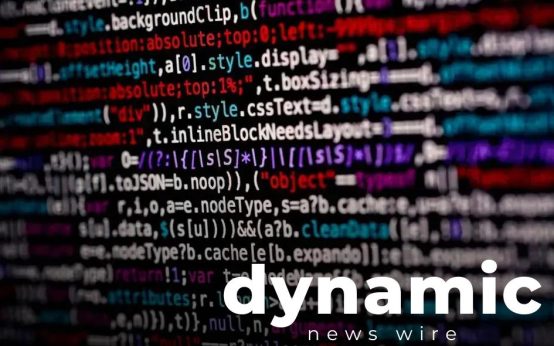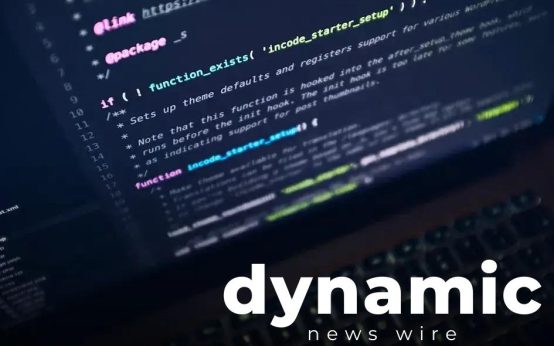Artificial Intelligence (AI) is rapidly becoming an integral part of our everyday lives. As technology evolves, AI applications are transforming the way we interact, learn, and live in both subtle and profound ways. From smart home devices to personalized healthcare systems, AI is set to revolutionize every aspect of daily life. This article will explore how AI is affecting various sectors, including home automation, healthcare, smart city development, education, and sustainable living. Dive into The Future of Artificial Intelligence in Everyday Life and discover the fascinating possibilities ahead.
How AI is Transforming Home Automation
Artificial Intelligence (AI) is having a significant impact on home automation, offering new levels of control and efficiency. Thanks to AI, smart homes are becoming more intuitive, enabling devices to learn from user habits and adjust accordingly without constant manual input. Devices like thermostats, lighting systems, and security cameras are getting smarter, using data to predict preferences and adjust settings automatically. For instance, AI-powered thermostats can learn when you usually leave and return home, optimizing energy use and maintaining comfort.
Moreover, voice assistants such as Alexa or Google Assistant are central to AI in home automation. They allow users to control various devices with simple voice commands, enhancing user experience by providing hands-free operation. These assistants are continually improving in understanding context and nuances in human speech, making interaction more seamless and natural.
AI’s role extends beyond convenience to include enhanced security features in smart homes. AI-driven cameras and alarm systems can now recognize faces, detect unusual patterns, and even distinguish between residents and potential intruders, enhancing overall security measures.
In addition, AI in home automation contributes significantly to sustainable living. By optimizing energy consumption based on learned behavior patterns and real-time data, AI helps reduce household carbon footprints. Intelligent lighting and climate control systems adjust based on occupancy and time of day, ensuring that energy is used only when necessary.
AI in Healthcare: Revolutionizing Patient Care

Artificial Intelligence (AI) is rapidly advancing the field of healthcare, greatly improving the quality and efficiency of patient care. At the core, AI technologies facilitate faster and more accurate diagnoses, enabling healthcare professionals to make informed decisions quickly. Machine learning algorithms, for instance, can analyze medical images with precision, assisting radiologists in detecting abnormalities such as tumors at an early stage.
Moreover, AI-powered tools are streamlining administrative tasks, reducing the burden on healthcare workers and allowing them to focus more on patient care. Chatbots powered by AI can manage appointment scheduling and patient inquiries, enhancing the overall experience for patients.
In the realm of personalized medicine, AI is making significant strides. Genomic data analysis through AI can tailor treatments specific to an individual’s genetic makeup, leading to more effective outcomes with minimized side effects. This opens the door to preventative care that is uniquely tailored to each patient.
Furthermore, AI systems assist in managing electronic health records efficiently, predicting potential health risks, and offering insights into patient populations. Such capabilities revolutionize how data-driven decisions are made in healthcare settings.
Lastly, through virtual assistants and remote health monitoring, patients with chronic conditions can receive continuous care from the comfort of their homes. This not only enhances convenience for patients but also provides doctors with real-time data to adjust treatments as needed.
Artificial Intelligence and Smart Cities
Artificial intelligence is playing a pivotal role in the development and evolution of smart cities. By integrating AI technologies, cities can improve their infrastructure and provide better services to their inhabitants. AI can be used to manage traffic systems more efficiently, reducing congestion and streamlining commuter journeys. Sensors and cameras combined with AI algorithms help in analyzing traffic patterns and suggesting optimal routes in real-time.
Moreover, AI enhances energy management in smart cities. Through the implementation of AI, cities can optimize energy usage by predicting demand and reducing wastage. Smart grids utilize AI to ensure that energy is distributed efficiently, helping to cut down on unnecessary energy consumption.
Public safety is greatly improved with the help of AI. Surveillance systems equipped with AI can detect unusual activities and alert authorities promptly, ensuring faster response times in emergencies. AI also supports crime prediction and prevention through data analysis, allowing law enforcement agencies to allocate resources effectively.
Another crucial aspect is waste management. Through AI, smart cities can optimize waste collection processes and ensure a cleaner environment. AI systems can schedule waste pick-ups based on bin fill levels, enhancing the efficiency of garbage collection and reducing pollution.
Furthermore, AI assists urban planners in developing smarter infrastructure. By analyzing data on population growth and movement patterns, planners can make informed decisions on where to build new roads, schools, and other facilities. This proactive approach results in sustainable urban growth that meets citizens’ needs efficiently.
AI-Driven Personalized Education Experiences

AI is revolutionizing education by catering to individual learning styles and paces. Instead of a one-size-fits-all approach, AI-driven systems analyze students’ strengths and weaknesses. This allows educators to tailor the curriculum.
Students receive customized learning paths, ensuring better engagement. AI applications provide instant feedback, helping learners improve their skills promptly. Additionally, virtual tutors track progress and offer suggestions, similar to a personal tutor.
Incorporating AI in educational platforms facilitates adaptive learning. This technique modifies lessons based on real-time performance, making learning more effective. Furthermore, AI tools can predict future challenges a student might face and offer resources to address them.
AI also supports teachers. By automating administrative tasks, educators can invest more time in creative teaching. AI analytics help identify common areas of difficulty, enabling targeted interventions.
The AI-Student Connection
AI enhances student interaction by integrating dynamic content like simulations and gamified learning experiences. These elements keep learners engaged, boosting retention and comprehension.
The Role of AI in Sustainable Living
The intersection of AI and sustainable living is reshaping how we interact with our environment and resources. AI technologies facilitate energy efficiency in homes and businesses, enabling smarter consumption of resources. By integrating AI, we monitor energy usage patterns and optimize energy consumption, thus reducing waste.
In agriculture, AI aids in precision farming by analyzing data from various sources to ensure crops receive the right amount of water and nutrients, reducing the need for chemical fertilizers and pesticides. This contributes to a more sustainable agricultural practice.
AI-driven transportation systems play a significant role in sustainable living by optimizing routes for public transport and reducing traffic congestion, consequently lowering greenhouse gas emissions. AI also powers electric vehicle systems, enhancing battery life and performance, and promoting the adoption of green transportation solutions.
Managing waste is another area where AI contributes immensely. AI systems sort recyclable materials more efficiently, minimizing the amount of waste sent to landfills and promoting recycling initiatives.
AI enhances sustainable practices through smart building technology, creating eco-friendly environments that regulate temperature and lighting. This results in considerable reductions in energy consumption.
By leveraging AI, cities can implement smart grid technology, optimize energy distribution, and integrate renewable energy sources more effectively. These advancements lead to more sustainable urban living environments.


 Understanding Zero Trust Security Models: A Beginner’s Guide
Understanding Zero Trust Security Models: A Beginner’s Guide  Best Practices to Protect Your Data Online: Essential Tips
Best Practices to Protect Your Data Online: Essential Tips  The Role of Generative AI in Content: Transforming Creation
The Role of Generative AI in Content: Transforming Creation